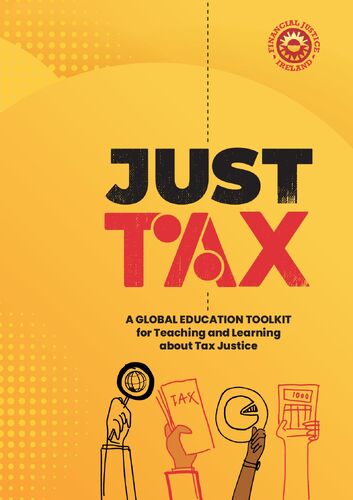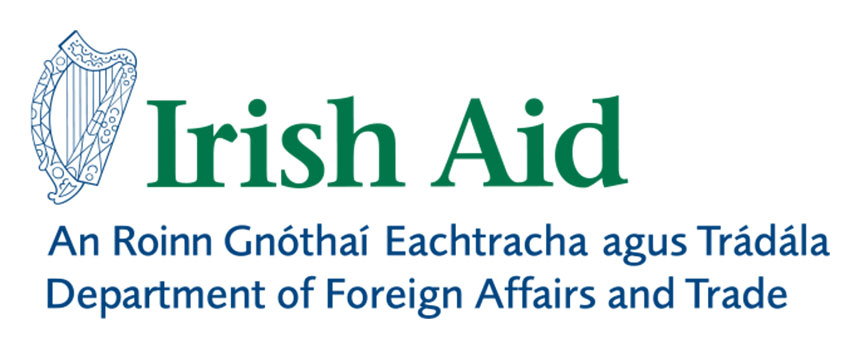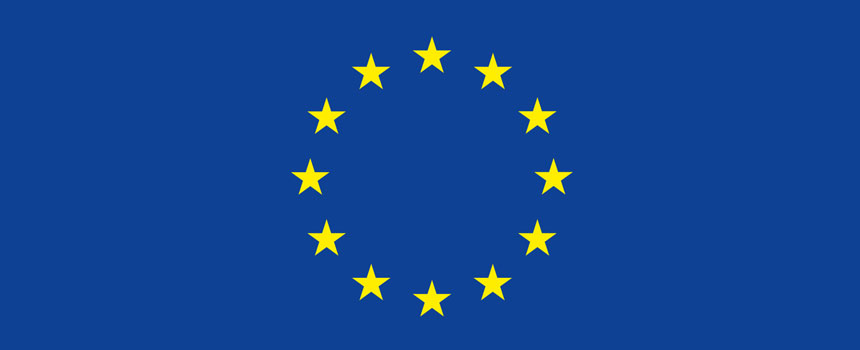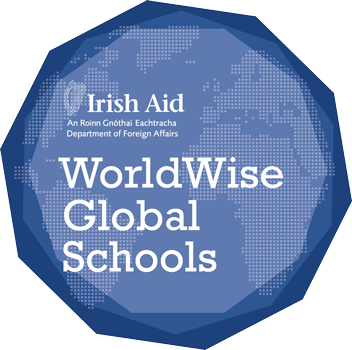Just Tax - A GLOBAL EDUCATION TOOLKIT for Teaching and Learning about Tax Justice
17 May 2024

Presenting FJI's newest educational resource on tax justice.
This resource is an introduction to the topic of Tax and Tax Justice.
The activities were developed to support the exploration of tax as a social and environmental justice issue and are designed to be of use in a wide range of settings, including adult and community education, as well as in post-primary schools. This is intended as an ‘entry-level’ resource to the topic, especially in contexts where tax justice is not necessarily a part of wider discourse, or a part of formal curricula. As such it is not intended to be a complete syllabus on the subject. People living in different communities, countries and regions of the world may have very different experiences, opinions, and approaches to taxation, as will different interest groups. The aim of this resource is to facilitate participants to discuss, learn, and think critically about a range of issues relating to tax, including different taxation measures and systems, and to assess their impact on people and the environment.
While tax is often spoken about as a burden, a bore, or something best left to the experts, we aim to make the issues accessible to learners of all ages, as well as to provide ideas and practical suggestions for educators who would like to tackle the topic in their own contexts. Ultimately, we hope to help inspire informed solidarity action towards building a system shaped by the needs and demands of citizens for an equitable and sustainable society.
This publication was produced with the financial support of the European Union and Irish Aid, the Government’s overseas development programme which supports partners working in some of the world’s poorest countries. Irish Aid also supports global citizenship education in Ireland to encourage learning and public engagement with global issues.
The content within this publication is entirely the responsibility of the participating organisations in preparation of the publication, and do not necessarily represent or reflect any policy of the European Union, Irish Aid or any of the funders of the original publications.


